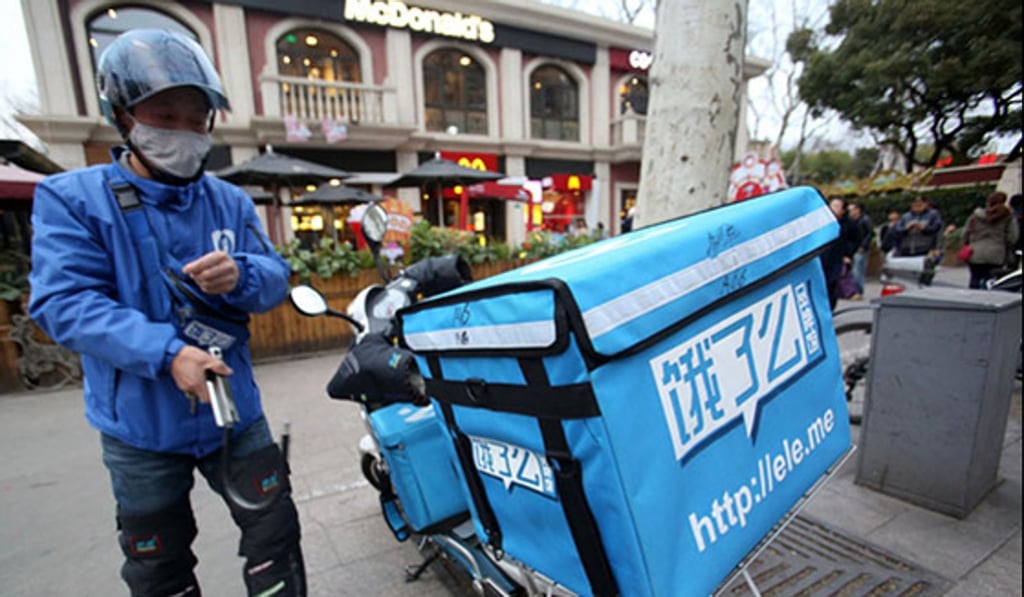Lawsuit turns up the heat on China’s food delivery market over tide of waste
The Green Volunteer League of Chongqing is suing Baidu, Meituan and Ele.me for hard-selling disposable chopsticks and spoons on meal-ordering platforms

A lawsuit against the three major food delivery services in China has added to controversy over the vast amount of waste generated by the booming sector.
The Green Volunteer League of Chongqing, an environmental NGO based in the western Chinese municipality, is suing Baidu, Meituan and Ele.me for hard-selling disposable chopsticks and spoons on their meal-ordering platforms, accusing them of damaging the environment.
Ele.me’s main investor is Alibaba, which also owns the South China Morning Post.
The industry has been under fire for its use of disposable meal boxes as well as plastic bags, many of which are non-degradable and could take a century or even longer to disappear from the landscape.

Nine years after China enforced restrictions on plastic bags, the country’s problem with “white pollution”, or solid waste caused by plastic products, has not been resolved. Farm produce markets and grocery stores have turned a blind eye to the issue while flourishing e-commerce and food delivery services continue to be a source of plastic bags, containers and utensils, environmentalists say.
